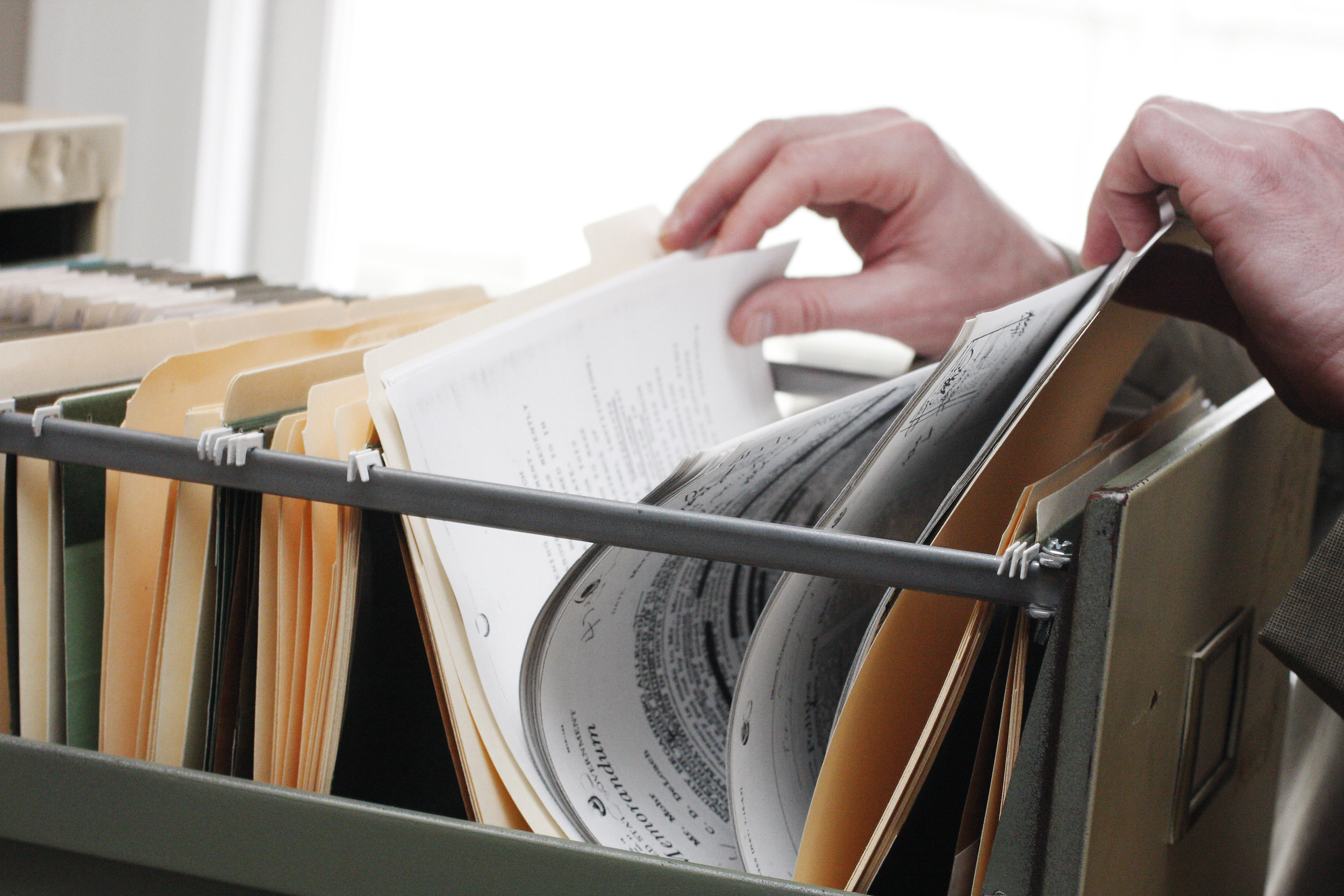
RECORD RETENTION RECOMMENDATIONS
Record Retention Recommendations
Keep in mind, this information is provided as a general guideline only. If you have questions about destroying any tax or accounting records, please contact a FMD professional team member.
| Accounting Records | Retention Period |
| Accounts Payable | 7 Years |
| Accounts Receivable | 7 Years |
| Depreciation Schedules | 7 Years |
| Expense Records (Receipts and Invoices) | 7 Years |
| Financial Statements (annual) | Permanent |
| General Ledger | 7 Years |
| Inventory Records | 7 Years (Permanent for LIFO System) |
| Loan Payment Schedules | 7 Years |
| Purchase Orders (1 copy) | 7 Years |
| Sales/Revenue Records | 7 Years |
| Bank Records | Retention Period |
| Bank Reconciliations | 3 Years |
| Bank Statements | 7 Years |
| Cancelled Checks | 7 Years (Permanent for real estate purchases) |
| Electronic Payment Records | 7 Years |
| Corporate Records | Retention Period |
| Board Minutes | Permanent |
| Bylaws | Permanent |
| Business Licenses | Permanent |
| Contracts – Major | Permanent |
| Contracts – Minor | Life + 4 Years |
| Insurance Policies | Life + # Years (Check with your agent) |
| Leases/Mortgages | Permanent |
| Patents/Trademarks | Permanent |
| Stock Registers | Permanent |
| Sales/Revenue Records | Permanent |
| Stock Transactions | Permanent |
| Employee Records | Retention Period |
| Benefit Plans | Permanent |
| Employee Files (ex-employees) | 7 Years (or statute of limitations for employee lawsuits) |
| Employment Applications | 3 Years |
| Employment Taxes | 7 Years |
| Payroll Records | 7 Years |
| Pension/Profile Sharing Plans | Permanent |
| Real Property Records | Retention Period |
| Real Estate Purchases (escrow documents) | Permanent |
| Construction Records | Permanent |
| Leasehold Improvements | Permanent |
| Home Improvement Records | Permanent |
| Lease Payment Records | Permanent |
| Tax Returns | Retention Period |
| Federal and State Returns | 7 Years |
| IRS and State Tax Audit Reports | Permanent |
| Tax Related Correspondence | 7 Years |
How long should I keep records?
